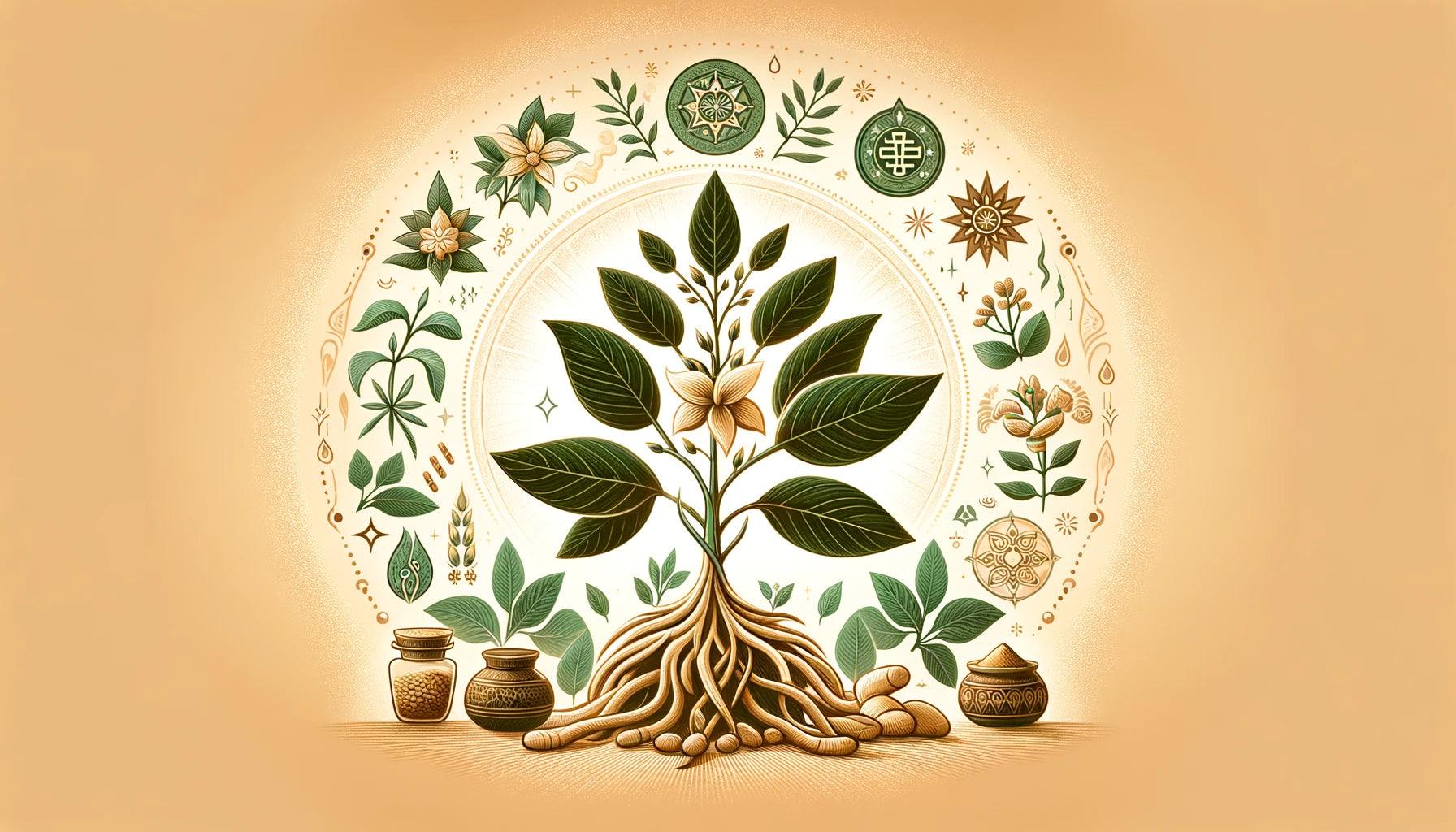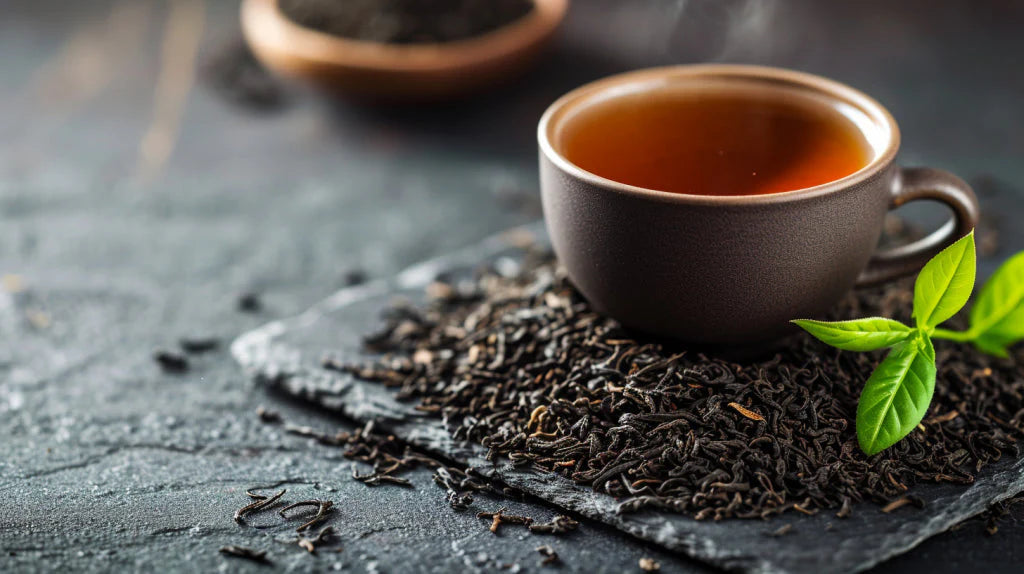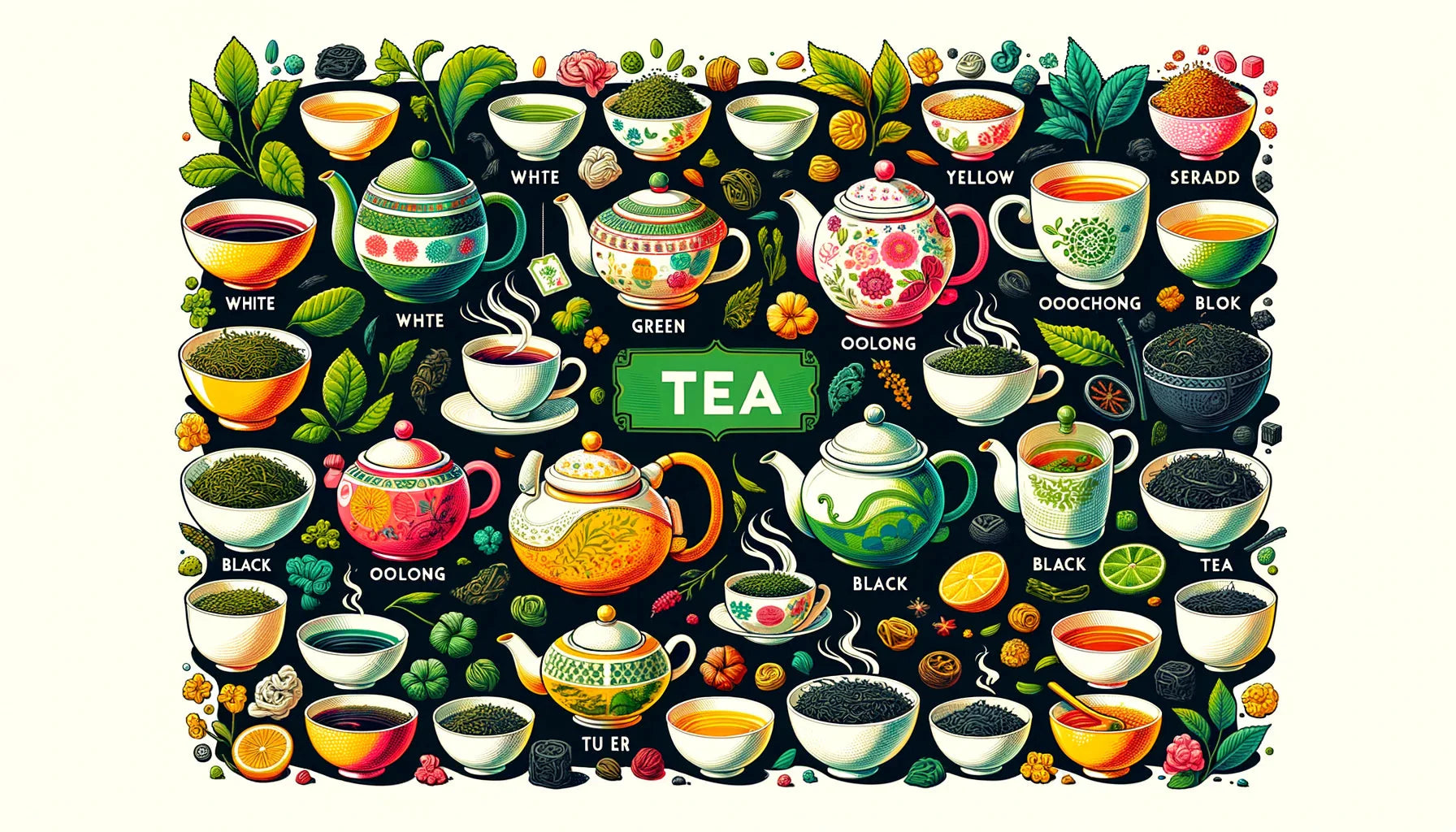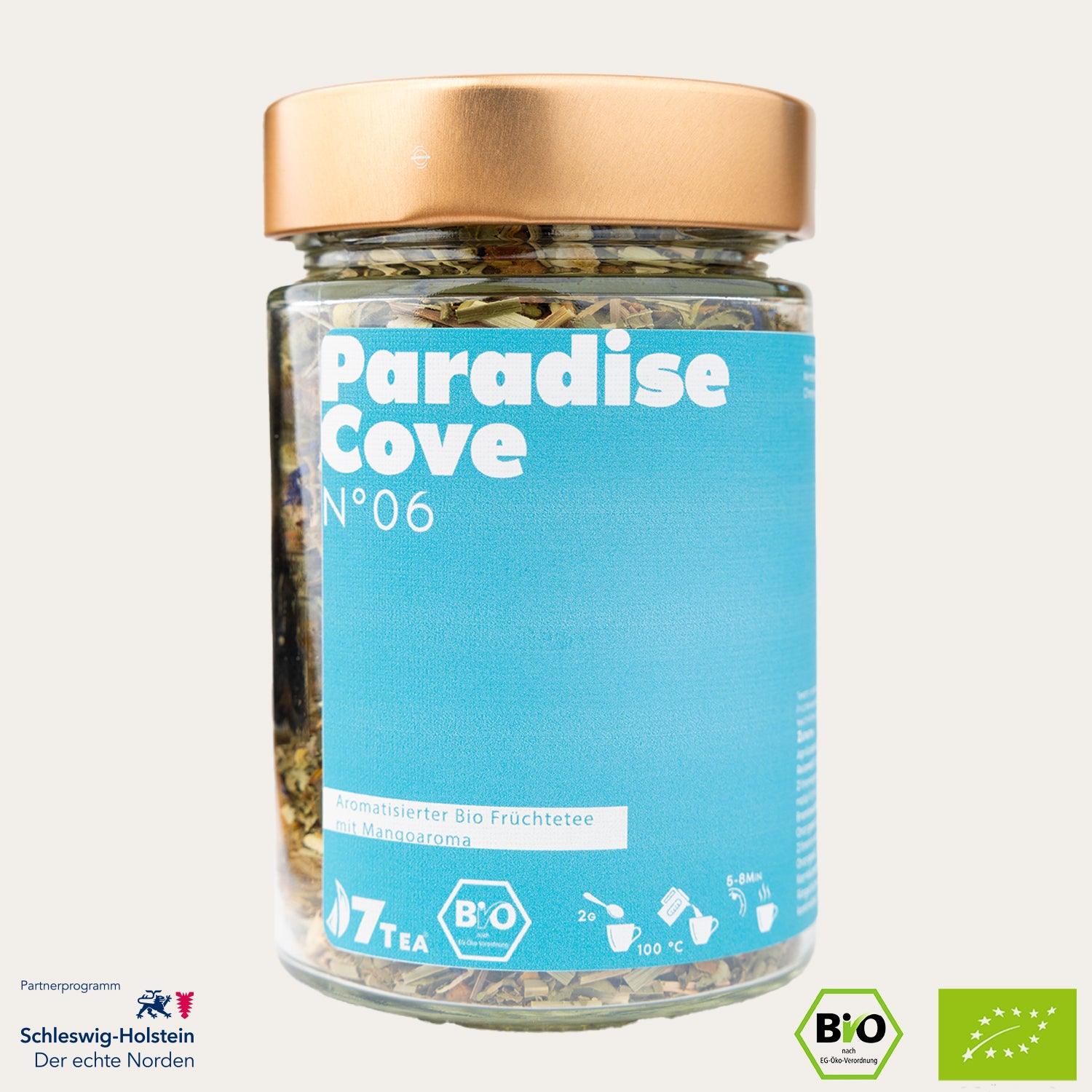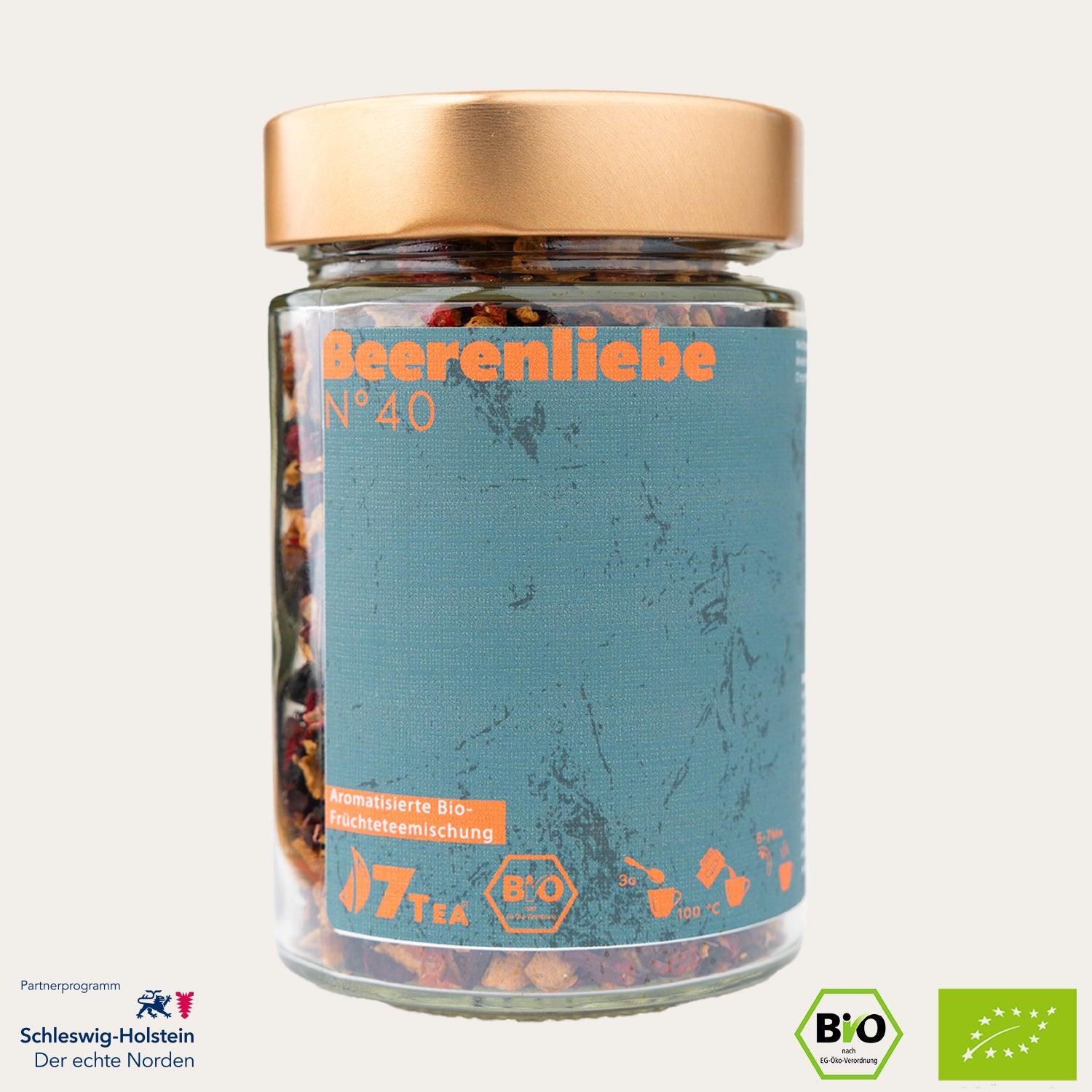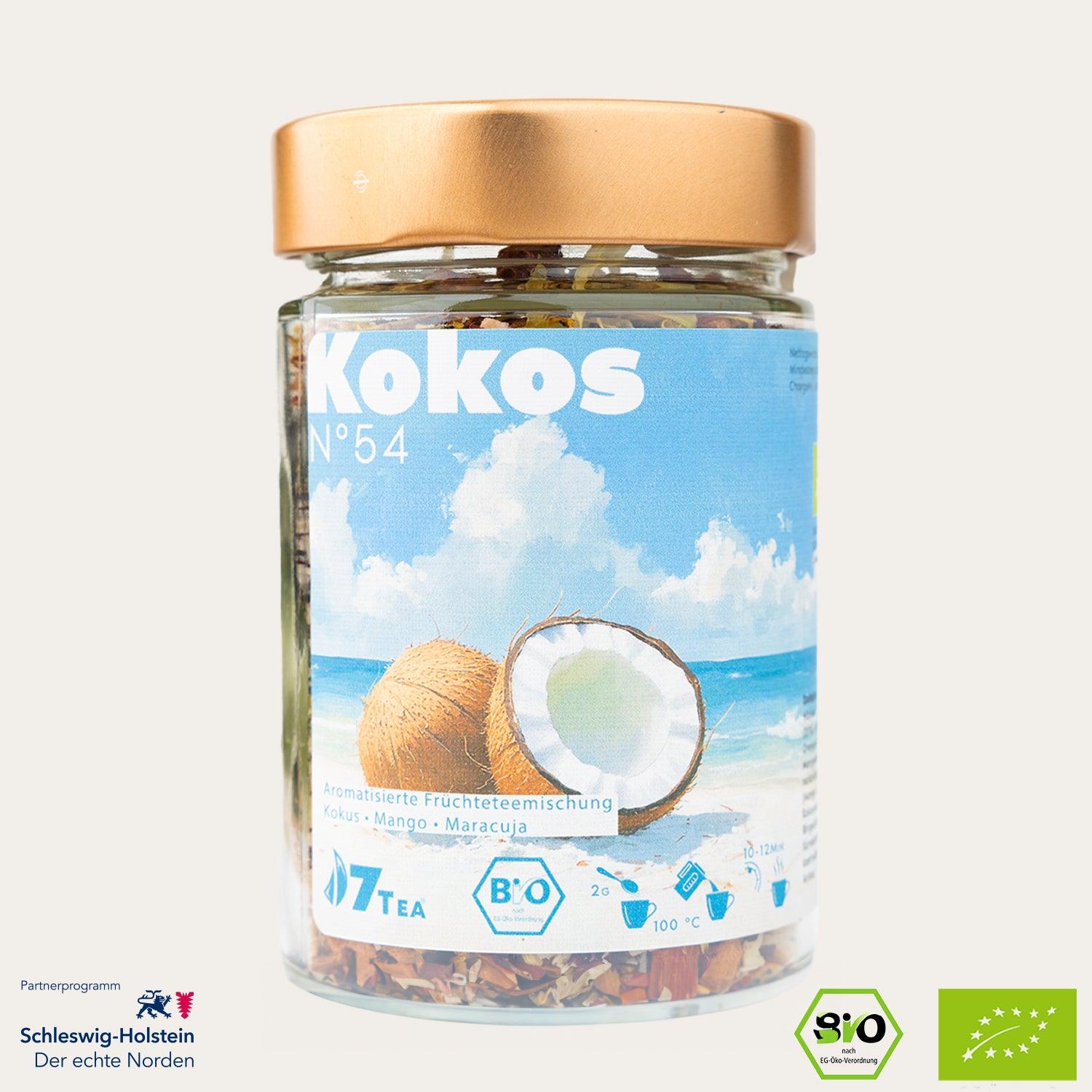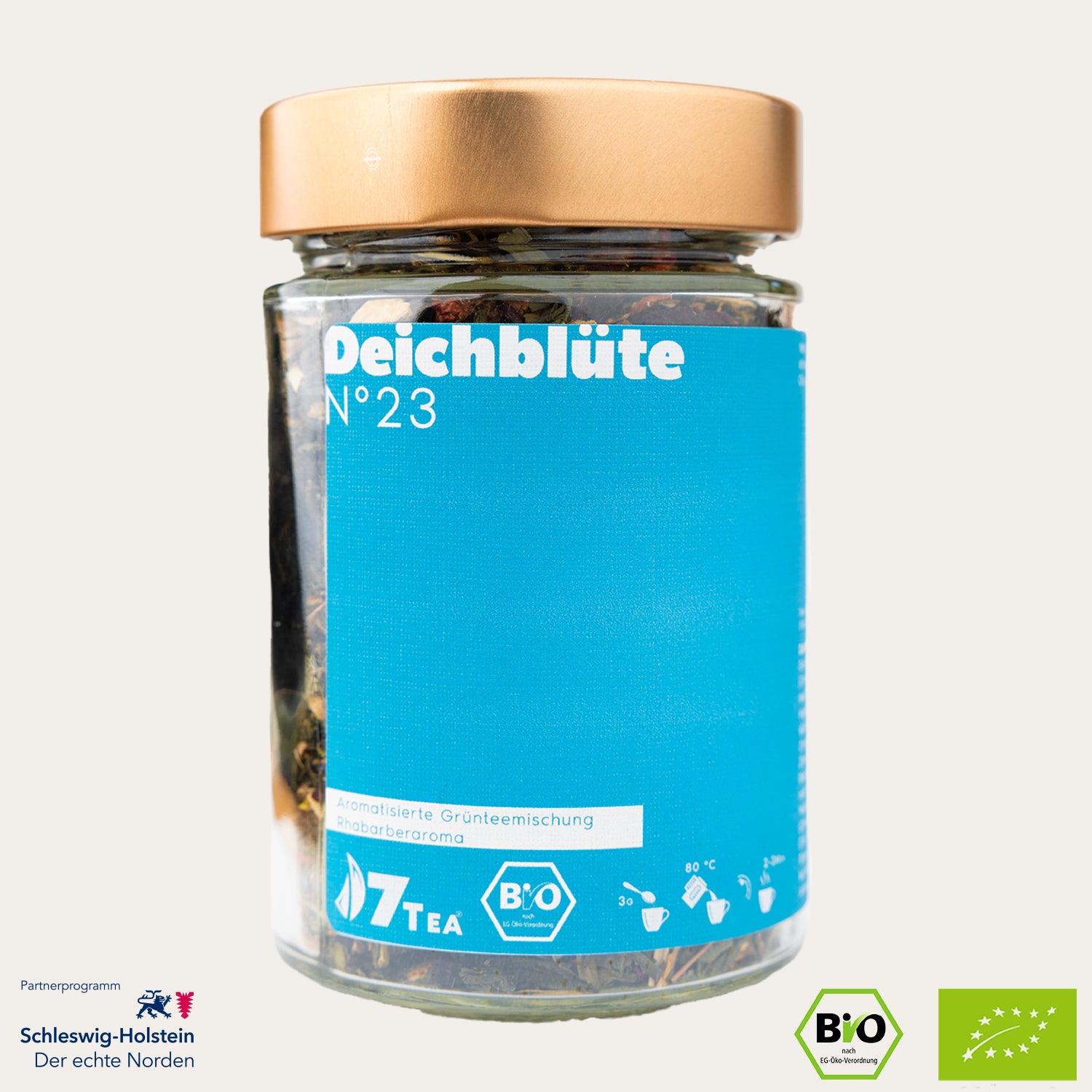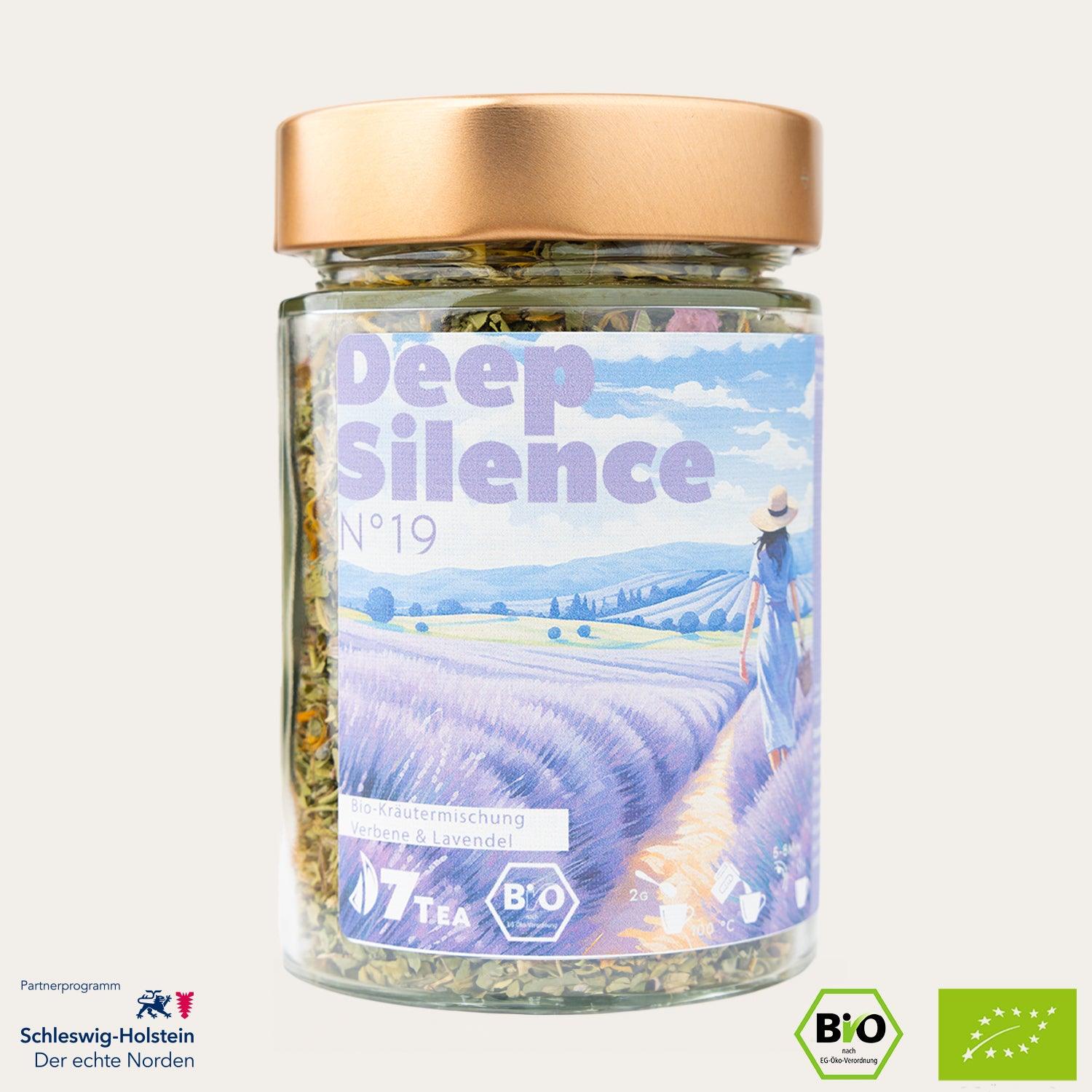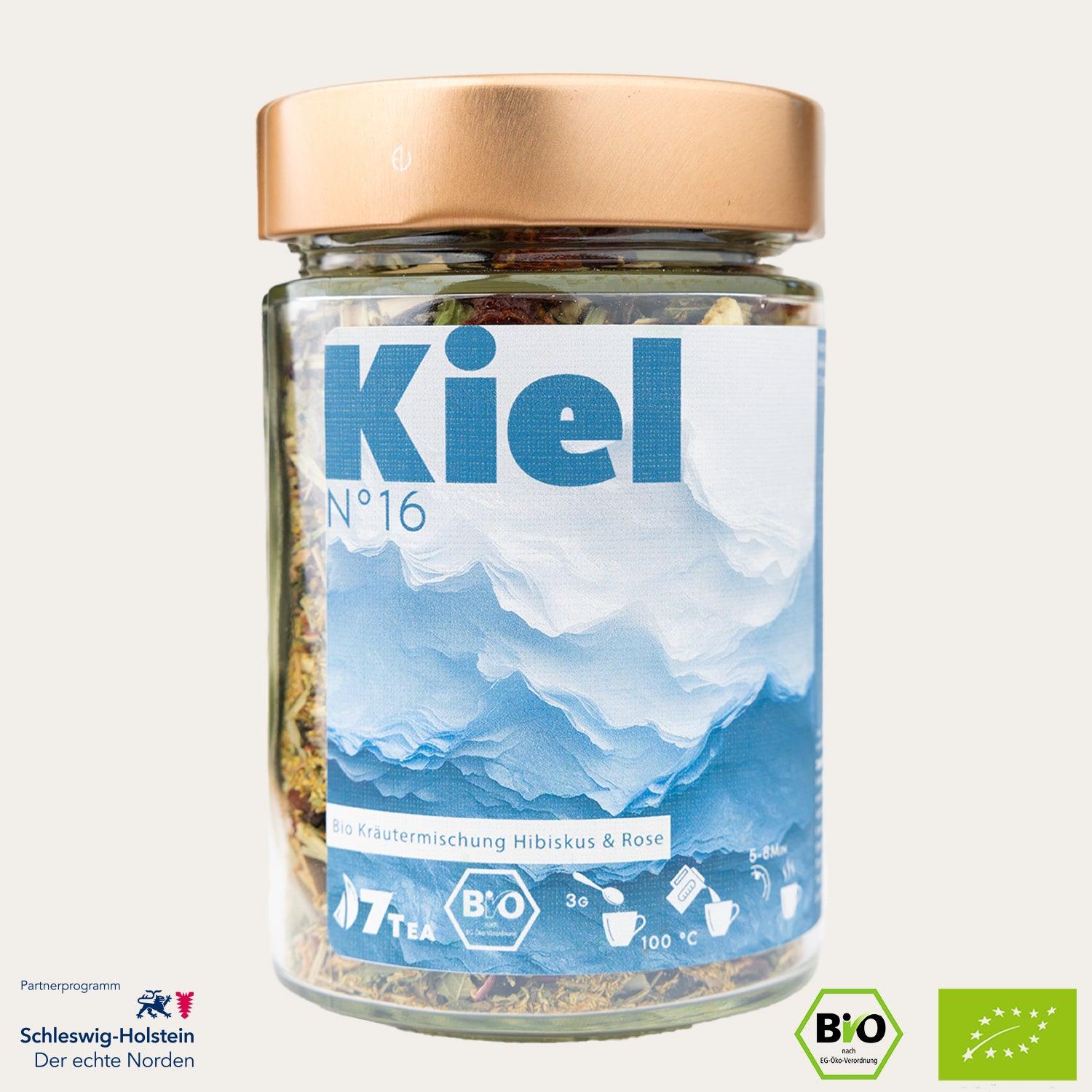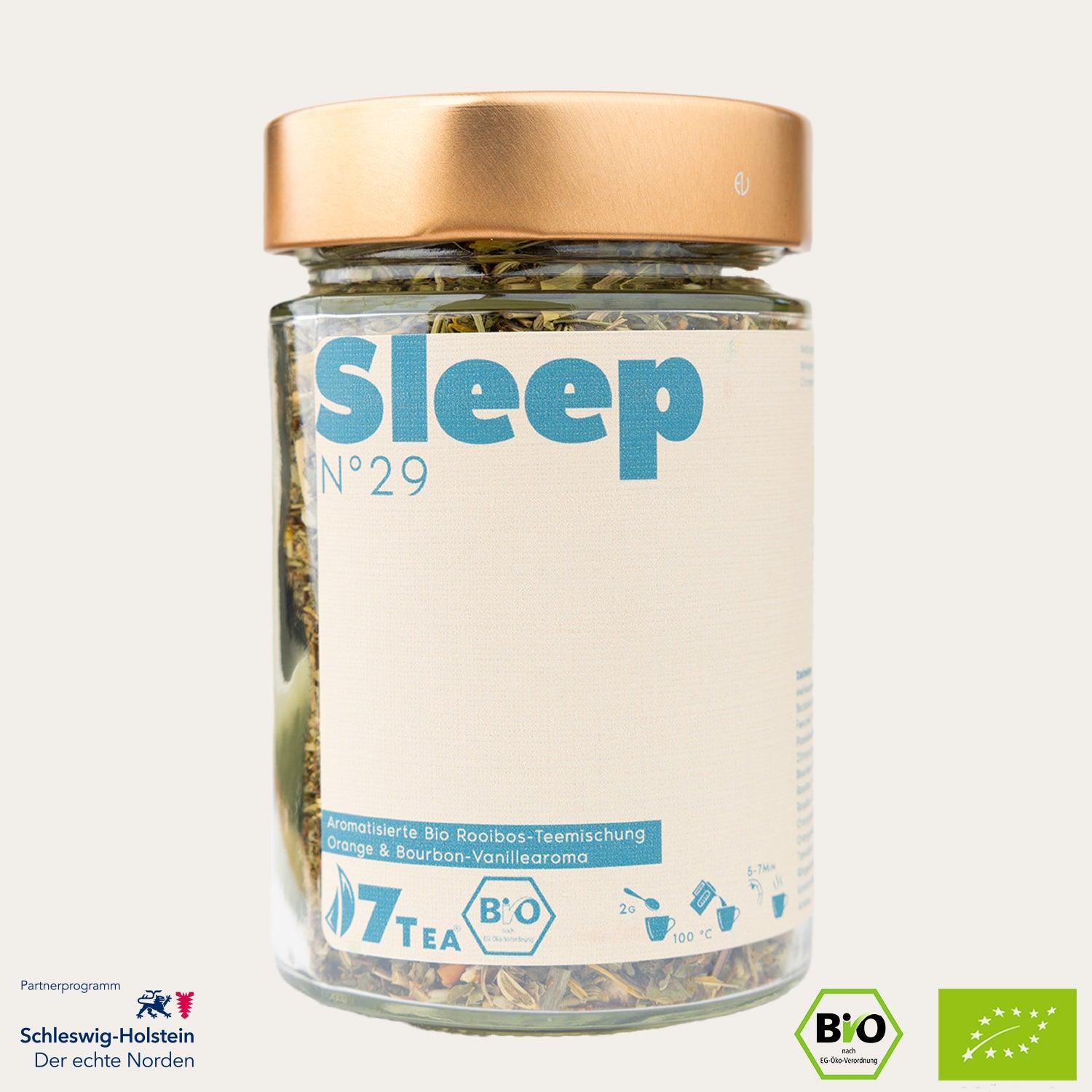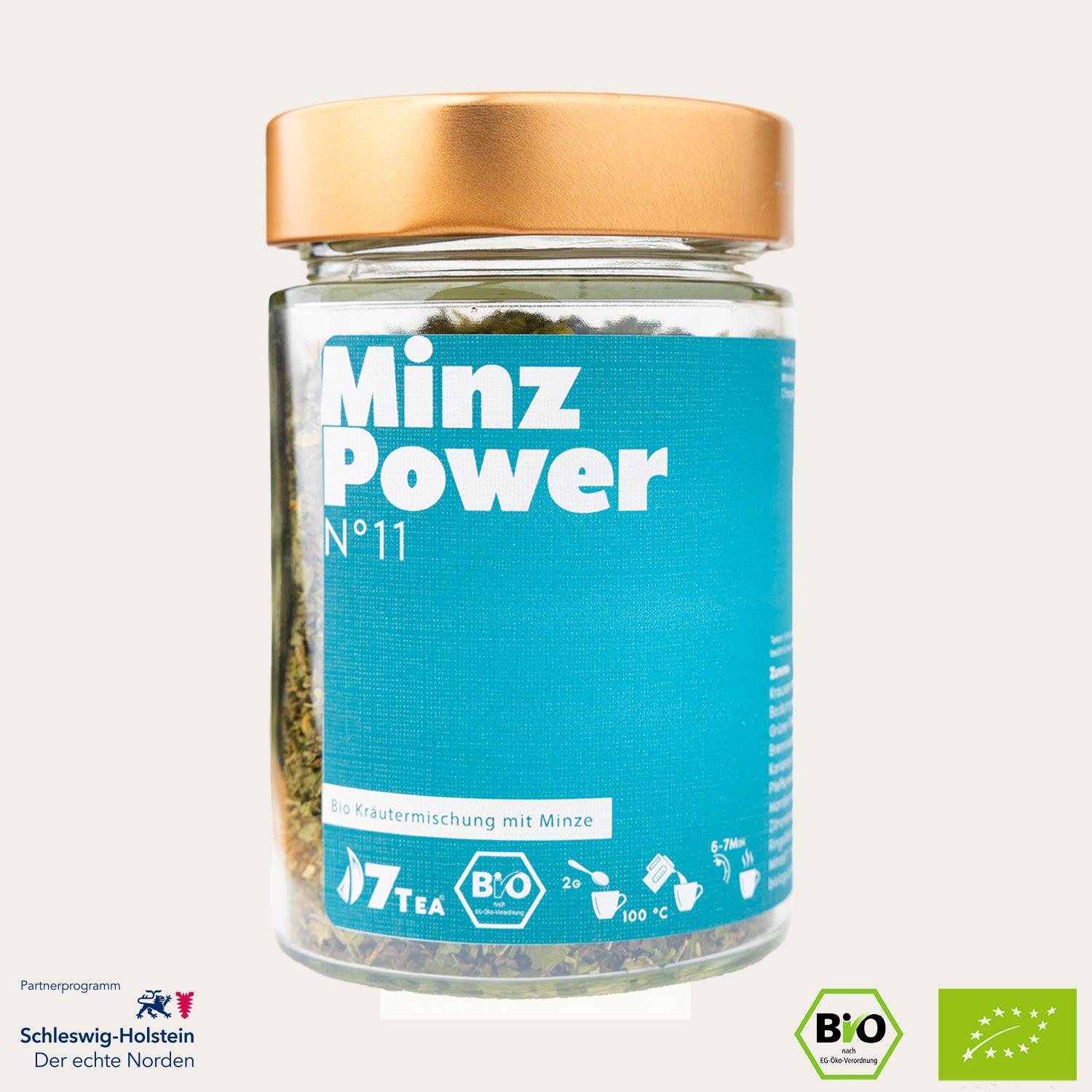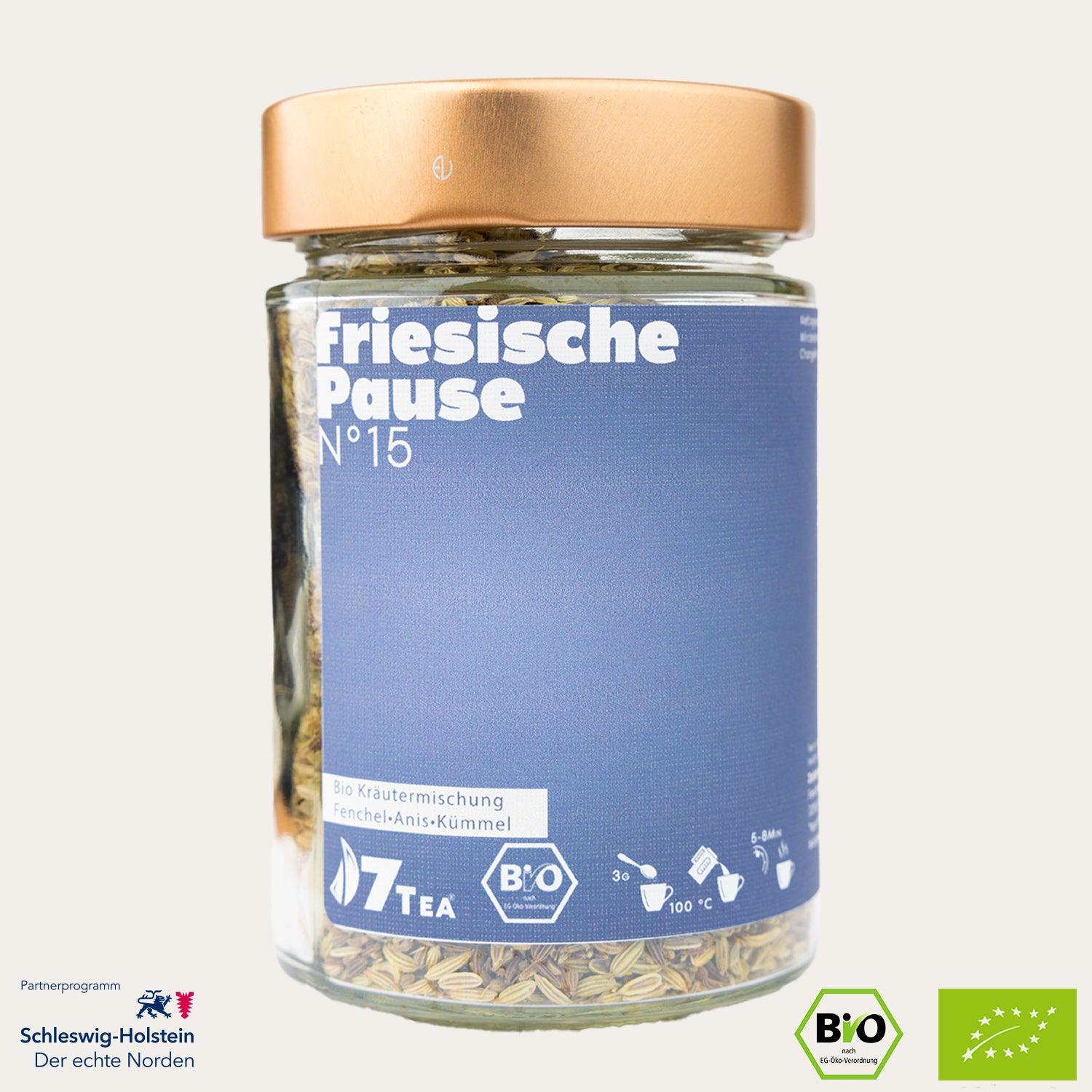The Complete Guide to Tea: From History to Health Benefits
Tea, the second most consumed beverage in the world after water, is not just a simple drink, but a symbol of culture, tranquility and health. Originally from East Asia, tea has become a global phenomenon. This article will guide you through the fascinating world of tea, from its rich history to its diverse health benefits.
1. Origin and history of tea
- Origins in China : The history of tea begins in China, where it was used as a medicine as early as the 3rd century AD. Over time it became an everyday drink.
- Spread to Europe and Beyond : Portuguese priests and traders brought tea to Europe in the 16th century, and it became a fashionable drink in England in the 17th century. Cultivation began in British India to meet demand.
2. Tea plant and types of tea
- Camellia sinensis : All traditional teas come from the Camellia sinensis plant. There are two main varieties: the small-leaved China plant and the large-leaved Assam plant.
- Black, Green, Oolong and White : The method of processing determines the type of tea. Black tea is fermented, oolong is partially fermented, green tea remains unfermented and white tea is made from young leaves and buds.

3. Tea culture and ceremonies
- Global diversity : Each region has developed its own tea culture, from the Japanese tea ceremony to British afternoon tea.
- Modern trends : Bubble tea, matcha and herbal teas are modern interpretations of traditional tea culture.
In China , the country of origin of tea, tea culture is closely linked to Daoism and Confucianism. The Chinese tea ceremony, also known as "Gongfu Cha", places great emphasis on the aesthetics of tea drinking, the selection of tea types, water and tea utensils. It's not just about the taste of the tea, but also about a deep, meditative experience.
Japan has its own unique tea tradition – the Japanese tea ceremony, also known as “Chanoyu” or “Sado”. This ceremony is deeply rooted in the principles of Zen Buddhism and emphasizes harmony, respect, purity and silence. The careful preparation and serving of matcha, a finely ground green tea, is an act of hospitality and cultural expression.
In India , another major tea producer, tea culture is less formal but no less significant. The famous Indian “Chai” – a mixture of black tea, milk, sugar and a variety of spices – is an integral part of daily life. Chai symbolizes hospitality and community and is enjoyed at any time of the day.
In Britain , tea has a completely different social meaning. British tea culture is known for its “tea time,” a traditional afternoon break where tea is served with pastries and sandwiches. This is a social event that is celebrated both in private households and in public teahouses.
These different tea cultures show how a simple drink like tea can bring people together and provide a platform for exchange and understanding between different cultures. Each tea ceremony has its own symbolism and meaning, reflecting the values and history of each culture.

4. Health Benefits of Tea
- Rich in polyphenols : These antioxidants are known for their anti-inflammatory and anti-cancer properties.
- Heart and metabolism support : Studies show that tea can reduce the risk of heart disease and help with weight management.
Tea, a beverage that has been valued for thousands of years, is loved not only for its taste and variety, but also for the potential health benefits attributed to it. However, it is important to emphasize that many of these benefits, although supported by studies, are not conclusively proven.
One of the most striking aspects of tea is its richness in polyphenols. These antioxidants, present in high concentrations in various types of tea, are associated with anti-inflammatory properties. Additionally, there is research suggesting that polyphenols may have anti-cancer properties. However, it is important to note that this research is not yet final and further studies are needed to confirm these assumptions.
Another possible health benefit of tea is support for the heart and metabolism. Some studies suggest that regular tea consumption could reduce the risk of heart disease. This is often associated with the flavonoids found in tea, which may contribute to blood vessel health. Tea could also play a role in weight management. It is believed that certain types of tea, such as green tea, may help increase metabolism and therefore aid in weight management. However, it is important to emphasize that tea is not a miracle cure and a balanced diet and regular exercise are essential for weight control.
Overall, tea is a fascinating beverage with a variety of varieties, each offering their own unique flavor profiles and potential health benefits. While more research is needed to confirm some of these benefits, tea remains a popular part of a healthy diet and lifestyle.
5. Tea and its role in the prevention and treatment of diseases
- Cancer prevention : Green tea has been shown in some studies to prevent the growth of cancer cells, although the results are inconclusive.
- Protection against heart disease : Both green and black tea can help reduce risk factors for heart disease.
Tea has long been researched not only as a beverage, but also in the context of health benefits. Green tea in particular has received attention in some studies because it is suspected that it may prevent the growth of cancer cells. It is important to emphasize that these results are inconclusive and require further research before definitive conclusions can be drawn.
In addition to its potential role in cancer prevention, it is also believed that both green and black tea may help reduce risk factors for heart disease. These effects could be due to the antioxidant properties of the polyphenols contained in tea. Again, further research is needed to confirm these assumptions.
6. Different types of tea and their special properties
- Black tea : Known for its strong taste and high caffeine content.
- Green tea : Valued for its health benefits, particularly improving brain function and reducing the risk of cancer.
- White tea : Least processed and known for its delicate, sweet taste.
- Oolong tea : A semi-fermented tea known for its diverse flavors from floral to creamy.
7. Herbal and fruit teas
- Variety of Herbal Teas : From peppermint to chamomile, herbal teas offer a range of flavors and health benefits.
- Fruit teas : Popular for their sweet and refreshing taste, a good alternative for those who prefer caffeine-free options.
8. Tea preparation and enjoyment
- Brewing Art : The art of making tea, from the water temperature to the steeping time.
- Tea Ceremonies Worldwide : Insights into various cultural practices of tea preparation and presentation.
9. Modern trends in tea consumption
- Innovations in Tea : From cold brew to flavored teas, the modern world of tea offers something for every taste.
- Sustainability in tea cultivation : Discussion of ecological and ethical practices in tea production.

10. Tea in popular culture
- Tea in Literature and Film : How tea is portrayed in various media.
- Tea as a lifestyle product : Tea as part of the modern wellness and health trend.
11. Health risks and considerations when consuming tea
- Caffeine and Health : Discussion of the effects of caffeine, which is found in many types of tea.
- Extremely Hot Tea Risks : Studies indicating an increased risk of esophageal cancer when tea is consumed at very high temperatures.
- Drug Interactions : Important information about possible interactions between tea and certain medications.
12. Tea in science and research
Current studies show that tea, particularly green tea, offers potential health benefits, although these findings are not yet fully understood. Important active ingredients such as epigallocatechin gallate (EGCG) have shown positive effects in laboratory and animal studies, but the effect in humans is less clear. Green tea may have a positive effect on blood vessels, and epidemiological data indicate that regular tea consumption is linked to longer life expectancy and a lower risk of neurodegenerative diseases. Studies also show that tea, both green and black, can reduce risk factors for heart disease and help prevent tooth decay
13. Economic and ecological aspects of tea cultivation
- Global tea production : insights into the leading tea growing countries and their economies.
- Sustainability and fair trade : Challenges and progress regarding sustainable farming methods and fair working conditions in the tea sector.
14. Tea as part of alternative and complementary medicine
- Use in Traditional Medicine : Examining the role of tea in traditional Chinese medicine and other ancient health systems.
- Tea in Modern Alternative Medicine : How tea is used in various forms of alternative medicine in modern times, including aromatherapy and as a natural remedy.
- Scientific findings : Discussion of current studies and research results on the effectiveness of tea in the prevention and treatment of health problems within the context of alternative healing methods.

15. Tea in the digital age
- Online Tea Culture : How the Internet and social media have changed the way we experience and learn about tea.
- E-commerce and tea sales : The role of online retail in the distribution of various tea varieties and products worldwide.
16. Future prospects for tea culture
- Innovative Tea Products and Trends : Introducing new trends in the tea world, from artificial flavors to tea infusions.
- Sustainable development of tea culture : Discussion about the future of tea cultivation and consumption in the context of global climate change and sustainable agriculture.
17. Conclusion
- Summary of the Diverse World of Tea : A review of the various aspects of tea, from its history and culture to its health benefits and challenges.
- Call to Appreciate Tea : A call to view tea not just as a drink, but as a cultural phenomenon and symbol of health and well-being.
The world of tea is rich and diverse, steeped in deep history, cultural significance and potential health benefits. From the traditional tea ceremonies of China and Japan, which are a meditative art form, to social tea times in the UK, tea demonstrates its cultural flexibility and universal appeal.
From a health perspective, tea is valued for its antioxidants and potential benefits for the heart and metabolism. Although some studies suggest positive effects, such as cancer prevention and heart health, it is important to continually monitor and evaluate scientific evidence.
In popular culture, the importance of tea is reflected in literature and film, where it often serves as a symbol of calm and community. As a lifestyle product, tea has achieved a special status within the modern wellness trend that goes beyond just a drink.
This observation makes it clear that tea is much more than just a simple drink. It is a window to different cultures, a reflection of social values and a symbol of health and well-being. Appreciating tea in all its forms invites us to enjoy and honor not only its taste, but also the rich culture and history it represents.
Written by Michael Fertig


